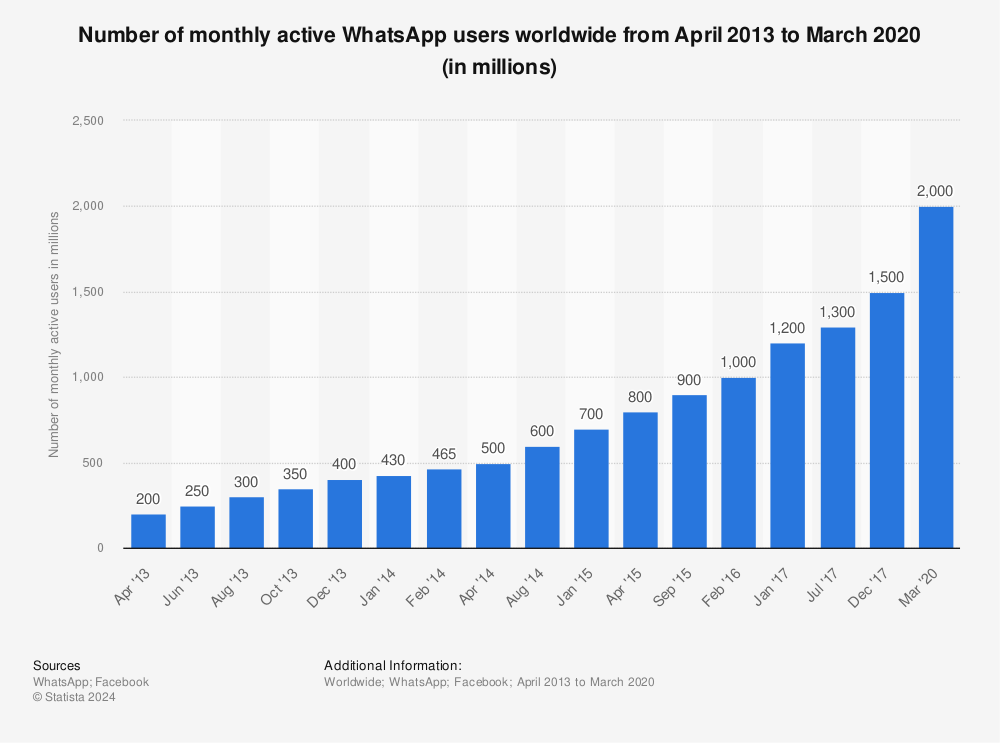Meta Platforms Inc., formerly Facebook, is now the proud owner of ‘Kustomer,’ a customer service-centric (CX) startup based in the U.S. The social media platform developer announced the purchase in November 2020 but experienced over a year of delays due to European Union regulatory concerns.
Optics would make this appear as a technical win for Meta: though there remains an FTC lawsuit that hopes to break up the company. The lawsuit would require Meta to dump popular messaging app WhatsApp and social media platform Instagram, which it previously acquired.
More than a year of investigation later, the social media firm secured EU approval after it said it would offer competitors free access to its messaging channels for a decade. Valued at more than $1 billion – the deal brings Meta to a new frontier, customer experience (CX).
What more does that mean for a company that seemingly has its hands in everything? It will almost certainly be a money-maker for Meta, as it leverages its massive data pool to essentially give brands greater customer visibility via intelligent automation.
Meta, Kustomer take on CX with Omnichannel
To understand what the deal means, we first have to take a look at the beginning of ‘Kustomer,’ founded back in 2015 when the world – as one of the company’s Co-Founders (and current CEO), Brad Birnbaum, points out – “was a vastly different place.”
“Since then, almost every aspect of the way we shop, sell, and connect has been transformed. Direct-to-consumer (DTC) businesses and digital-first brands are thriving. Social commerce and messaging have created new ways to forge enduring connections with consumers.”
He wrote in a blog post that digital commerce has expanded into the realm of healthcare, counseling, pharmaceuticals, crypto trading, and more, noting:
“As the pace of change accelerated tenfold in the past two years, even traditional brands that once sold through retail outlets have introduced new online customer experiences.”
This is where Kustomer CRM software comes into play – the firm enables omnichannel communication for consumers via phone, email, text messages, messaging platforms like WhatsApp, and through social media platforms like Instagram, along with other channels.
Meta Bets on WhatsApp Business, Messanger
There is a lot of real value in this deal for Meta, namely as proud owners of a shiny new toy that will almost certainly help it further scale up the use of its messaging app, WhatsApp/WhatsApp Business. WhatsApp Business is a (mostly) free enterprise solution for businesses that lets business owners of all sizes build a business profile, implement quick/automatic replies, catalogs, automatic greetings, and more.
One might even go so far as to say that Meta would love to replace calls and emails to contact centers with WhatsApp. It may come as no surprise that the platform saw unprecedented usage during the COVID-19 Pandemic, as it is hugely popular in countries like India, Pakistan, and Indonesia.
According to Business of Apps, in 2020, WhatsApp reported having two billion users, with India carrying the highest user rate of 290 million. Brazil came in a “close” second with 108 million, following the U.S., with 75 million users. In 2020, the popular messaging app accumulated an impressive 4.9 billion downloaded applications.

In recent years, Meta has tried to enhance the platform and said it would build an option for users to transfer money within the app, so they do not have to leave the messaging platform for much. There is also access to ‘Messanger,’ with the appeal of unified management from a single platform. According to Statista, Messenger has 1.2 billion Messenger users and 10 million active advertisers on Meta.
It seems that Meta has goals similar to that of the Chinese messaging app WeChat and Japanese-owned Rakuten Viber. Both app developers have made attempts at building what they call a ‘super app’ that users never have to leave as they can make payments, order food, and even reach out to customer support, etc.
While there are obvious privacy concerns associated with such an app, it doesn’t mean it will stop Meta from one day trying to realize its own version of a “super app” by way of WhatsApp.
Two Visions Align
Birnbaum noted in a blog post announcing the acquisition: “As the market evolves, those who grow the fastest have been agile in the face of change.” This mindset is on par with Zuckerberg’s thought process, so the duo should have no issue pulling off something next to impossible with the partnership. Birnbaum continued, talking about the now shared goal of Meta and Kustomer:
“We want users to expand their focus beyond satisfaction scores and cost-cutting measures, to prioritizing customer retention and business growth so businesses can deliver better CX for customers and agents.”
Kustomer previously raised $174 million in venture capital and is backed by some of the globe’s leading venture capitalists, which include: Coatue, Tiger Global Management, Battery Ventures, Redpoint Ventures, Cisco Investments, Canaan Partners, Boldstart Ventures, and Social Leverage.
Workplace from Meta to Receive WhatsApp Integration
In other news, but also quite related – Workplace from Meta, Meta’s workplace collaboration/management suite will soon extend support for WhatsApp for frontline workers. When it comes to the timeline for general availability – we are unsure – as Meta wrote in a statement, it is something the company has been working on for a while but has no release date.

Meta did say that the integration, set to enable companies to share information with employees, with Meta specifically targeting frontline workers. Meta also just released its new “Deskless Not Voiceless report,” which found things like 55% of frontline workers say they feel connected to their organization’s headquarters.
According to the same report, 45% of frontline workers plan to change things in 2022 – as they desire to no longer work on the frontlines. Finally, one of the most revealing statistics, an astonishing 94% of respondents said; they need to start prioritizing frontline technology, as they do with other enterprise-critical technologies.



